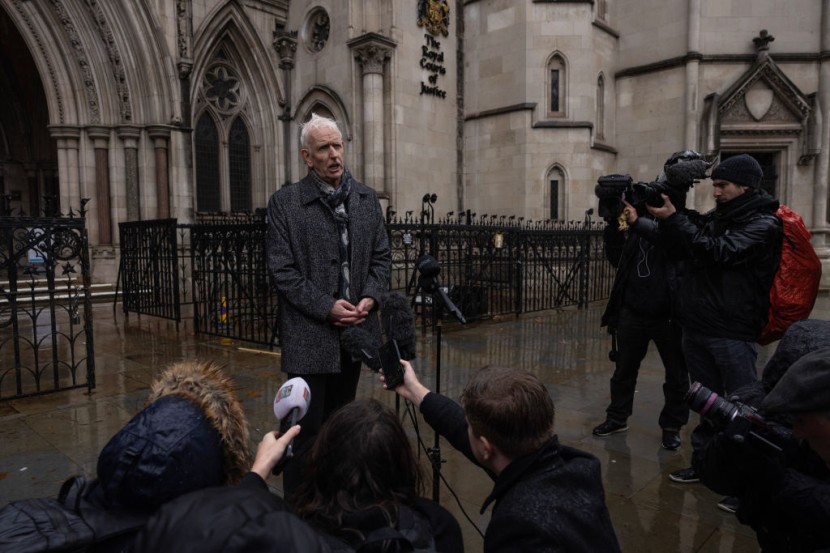The Court of Appeal found that the $140 million arrangement with Rwanda was illegal, determining that it was not a secure place to accommodate British asylum seekers.
The administration lost the most recent round of the protracted judicial struggle regarding the plan to forcibly deport asylum seekers to the African country. Flights will continue to be canceled before an expected battle at the UK Supreme Court, as reported by The Independent.
The United Nations Refugee Agency (UNHCR) supported asylum seekers who had been chosen for deportation in their appeal, and the Court of Appeal upheld their claim on the basis of Rwanda's safety while rejecting other defenses.
The High Court's ruling that Rwanda is a safe third nation has been overturned, according to the departing Lord Chief Justice, Lord Burnett. He said that removing refugees to Rwanda would be illegal until the flaws in its asylum procedures were fixed.
The verdict, which has already resulted in Kigali paying £140 million and the government spending more than £1 million on legal fees, "implies no view whatever about the political merits or otherwise of the Rwanda policy," he claimed.
The Rwanda Plan
The Rwanda plan is a key component of Rishi Sunak's commitment to end small boat crossings and a crucial tenet of the new Illegal Migration Bill, which intends to detain and deport all small boat migrants without considering their requests for asylum.
No flights would depart for Kigali until legal disputes were settled, which would take many more months if the issue was appealed to the Supreme Court, the prime minister earlier informed parliament. The government presently lacks "third countries" to transfer asylum applicants to without the Rwanda agreement.

A group of asylum seekers contested the Rwandan policy on eight grounds, contending that it amounted to an illegal "penalty" because it penalized refugees for boarding small boats.
Lawyers for the Asylum Aid charity unsuccessfully argued that the method used to choose participants in the program and provide them with the chance to avoid deportation is illegal.
The UNHCR joined the conflict and informed the Court of Appeal that the safeguards in the agreement Priti Patel signed in April 2022 "do not exist or have never been used" and that, in its experience, Rwanda has never treated asylum seekers in the manners promised.
After the High Court had determined in December that the Rwanda contract was legal, Lord Burnett reexamined the case with Sir Geoffrey Vos and Lord Justice Underhill.
Is Rwanda Really a Secure Place for Asylum?
They couldn't agree on whether Rwanda was a secure place to host asylum seekers, and the Lord Chief Justice dissented from the majority decision.
There are "substantial grounds for believing that there is a real risk that persons sent to Rwanda will be returned to their home countries where they faced persecution or other inhumane treatment, when, in fact, they have a good claim for asylum," according to the Master of the Rolls, Sir Geoffrey Vos, and Lord Justice Underhill.
Related article: Illegal Migrants Commit Crimes 'Very Quickly' After Arriving in the UK, Suella Braverman Claims









